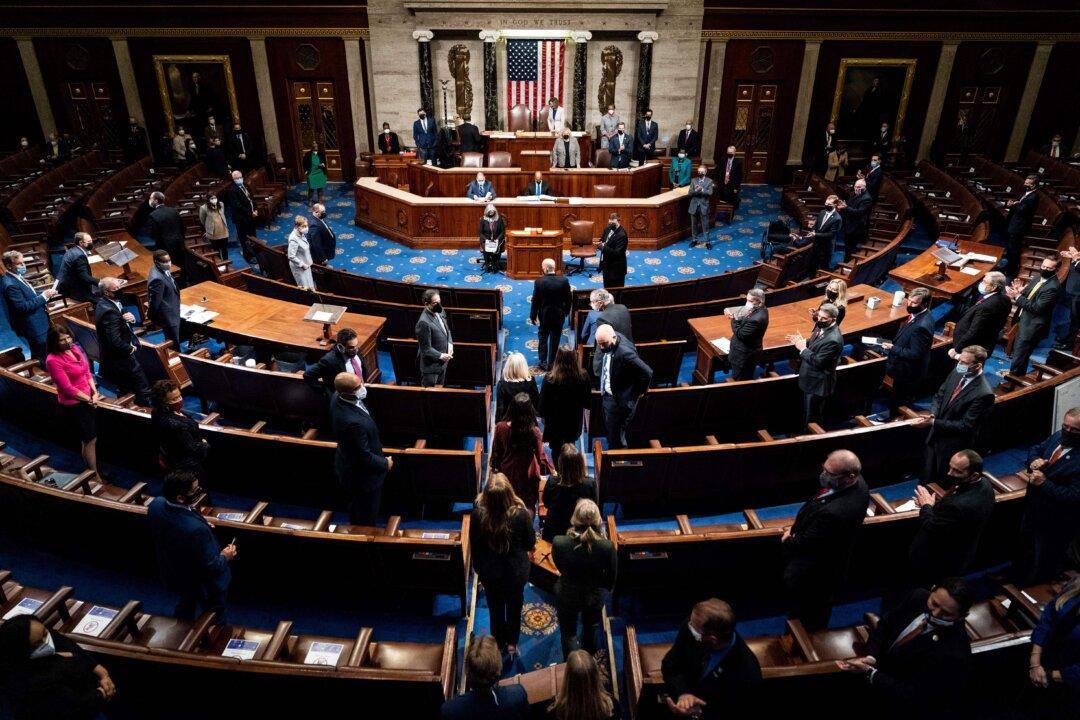A newly sworn-in congressman said that he’s tested positive for COVID-19, the disease caused by the CCP (Chinese Communist Party) virus.
Rep. Jacob LaTurner (R-Kan.), a freshman Republican, received a positive test result late on Jan. 6.


Rep. Jacob LaTurner (R-Kan.), a freshman Republican, received a positive test result late on Jan. 6.